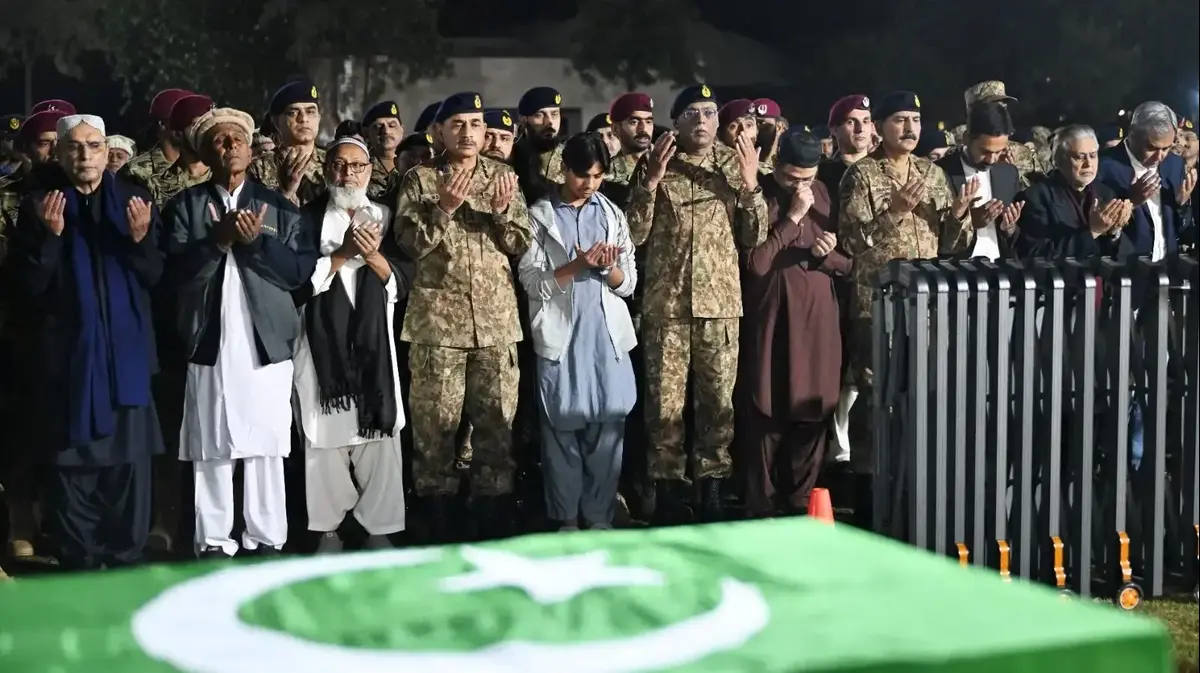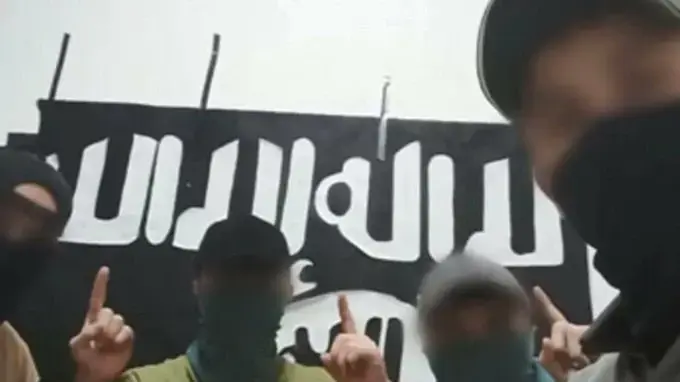The situation in Afghanistan is tense.
In an interview, an expert comments on the promises made by the Islamists, explains their structures - and the role of Pakistan.
Munich - The Taliban are demonstratively conciliatory: "The war is over", and "everyone" is pardoned, it is said.
Women should be allowed to continue working.
But Afghans remain afraid: do they expect a reign of terror like the one between 1996 and 2001?
Or can you trust the promises?
A conversation with conflict researcher and Afghanistan expert Professor Conrad Schetter.
The Taliban promise peace in a solid government.
Doubts are in order, right?
Professor Conrad Schetter:
The Taliban have learned a lot in terms of media propaganda over the past 20 years.
You now know how to sell yourself internationally - very different from the Taliban of the 1990s.
That makes a big difference: that the Taliban, for example, have a press spokesman who is deeply involved with Western terminology.
There is talk of an inclusive government, non-violent, in which women also have rights, at least within the framework of Sharia law.
That all sounds good at first.
But my fear is more whether the Taliban are even capable of governing.
Taliban in Power in Afghanistan: The Question of Government Competency
So you doubt less about the Taliban's good intentions than about its ability to govern?
Schetter:
I tend to.
After all, the Taliban also stuck to the Doha peace negotiations.
There were no attacks on American soldiers or coalition forces.
The Taliban have not broken the agreement in the past few weeks either, and there have been no excesses of violence.
This suggests that the Taliban are pursuing a calm strategy and want to keep their promises.
The question remains, however, how good the cohesion is within the Taliban and how disciplined the members are, down to the local level.
It is easy to check that they are not attacking troops.
Now there is a lack of information about what is happening in Afghanistan, because journalists are also afraid for their lives.
How can you check whether the Taliban keep their promises?
Schetter:
It is true that we have little information about the places where the Taliban have ruled for a long time.
In the last few days and weeks, however, it has been noticed that the Taliban (the leaders of the radical Islamic militia) are pursuing a strategy similar to that in Kabul in rural regions.
It is communicated: keep working, go about your everyday life, we don't want any big changes.
A policy that distances itself from a reign of terror.
+
Prof. Conrad Schetter at an event in June 2021 in Berlin.
© picture alliance / Flashpic
Afghanistan and the transformation of the Taliban - "Discipline is just amazing"
This policy certainly requires a strict hierarchy.
Do you have such strong control over your own members or do you decide for yourself what Islamic law is?
Schetter:
The researchers still disagree on that. In any case, one can say that there is a strong Taliban leadership that is always able to exert power down to the local level. Of course, one must not forget that commanders have repeatedly broken away from the Taliban in the past. But I think: The Taliban's discipline is just amazing. Especially when compared to other terrorist organizations. As far as Sharia is concerned, this is a code that is kept very vague. The Taliban are aware of this. The Sharia blurs with tribal ideas or everyday Islam. In other words, we do not yet know what the Taliban will ultimately proclaim as Sharia law for Afghanistan.
So is it conceivable that women could work in government, girls could go to school and be granted an amnesty?
Schetter:
You can clearly see that the Taliban went through a process in which they realized that what happened in the 1990s will not work again. It is important to them to gain international recognition and trust among the population. To do this, they have to adhere to the rules. On the other hand, it must also be clear: We will not see any equality between men and women under the Taliban, minorities will most likely be systematically oppressed and marginalized. The Taliban will act symbolically, to represent to the outside world that women are included. But at the local level women continue to be severely oppressed. This cannot even be blamed on the Taliban alone, but is unfortunately normal in the rural regions of Afghanistan anyway.
Taliban and its “soft” side: Chances of a stable government in Afghanistan?
But you sound rather optimistic: Do you think the Taliban are serious about their promises?
Schetter:
It's complex: It's actually not about whether the Taliban have softened now.
The central questions are rather: If the Taliban now consistently show their soft side - could more radical groups jump off?
And could the Taliban - even without government experience - manage to get a stable government off the ground?
Or will the Taliban be just as corrupt as the previous governments over the next few months and years?
So it's actually about: Could the Taliban really do better?
Where are you leaning towards?
Don't you see a renewed reign of terror?
Schetter:
The Taliban have brought an entire country under control in a very short time, and with little bloodshed.
We will certainly not see Afghanistan as a democracy with human rights.
But I've been researching Afghanistan for 25 years - for me it is already a partial success that the weapons have been largely silenced.
I hope we can build on that.
Afghanistan: Taliban takeover with a strategically "sophisticated plan"
The last few days seemed to be timed down to the last detail.
Controlled borders, passport controls at the airport.
Has the Taliban been underestimated?
Schetter:
Absolutely.
That was an elaborate plan.
You first went to the districts with which you have good contacts, and you were always on different fronts.
And with a uniform strategy, all district cities were taken with almost no gun violence.
A military, strategic approach was necessary.
The Taliban come from uneducated circles.
They couldn't have done that without external support.
My guess: the Pakistani secret service is behind it.
Pakistan has always had good relations with the Taliban.
How should international politics react now?
Cooperate - or does that send the wrong signal to other radical Islamists?
Schetter:
I think we are far from having the Taliban recognized internationally.
But it was important for the evacuations to talk to them.
I also think it is right to keep further discussions open.
And meanwhile observed the situation from a critical distance.
Benjamin and Lisa Taubmann work for an aid organization in Afghanistan.
You were in the capital Kabul when the Taliban conquered it.
Interview: Kathrin Braun


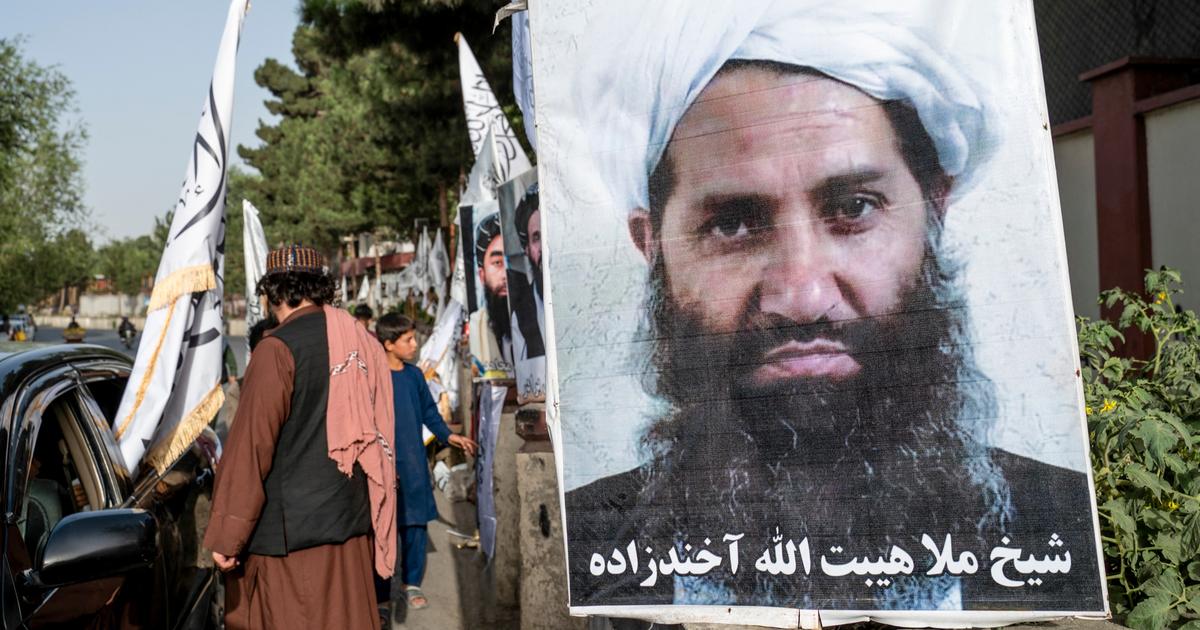

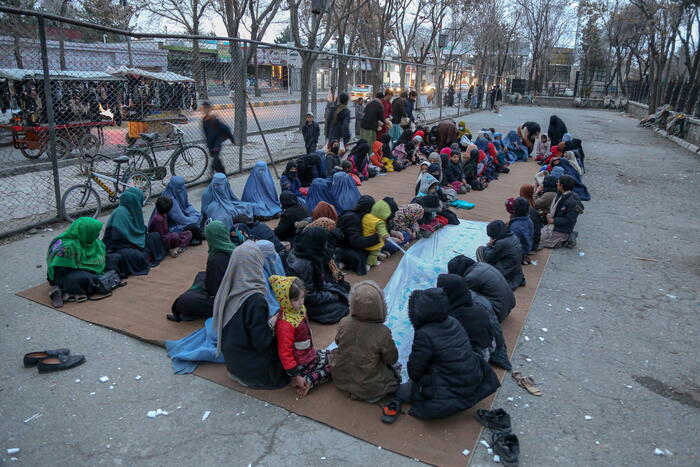
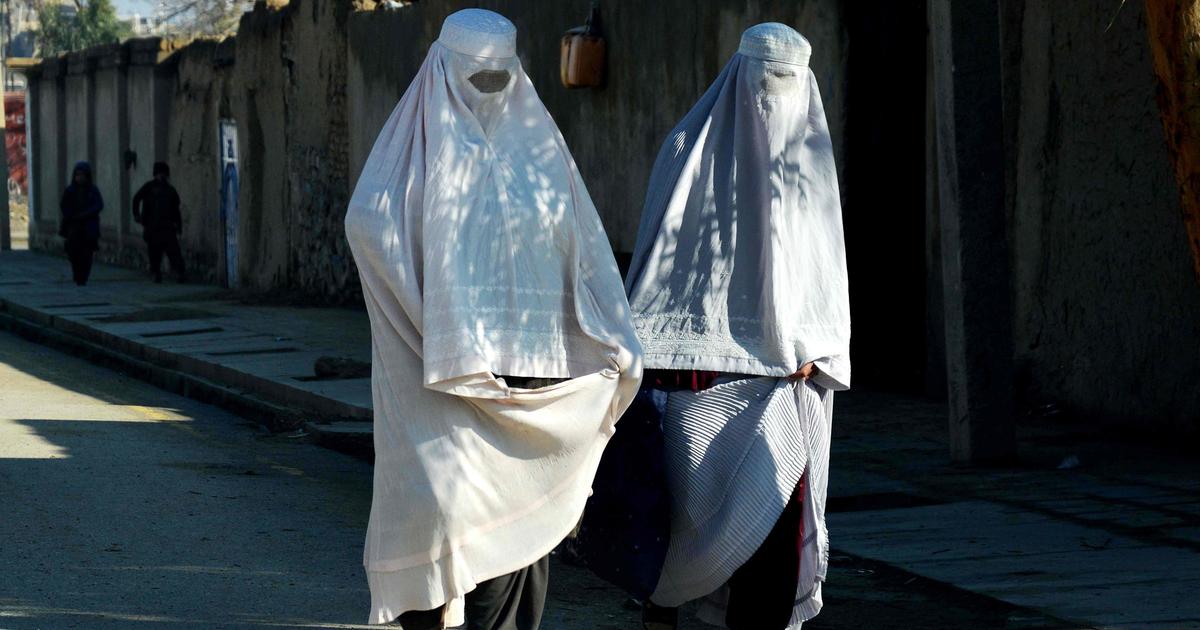
/cloudfront-eu-central-1.images.arcpublishing.com/prisa/VU7S6EWZZVMMDGHINQUMAFJHCE.jpg)
